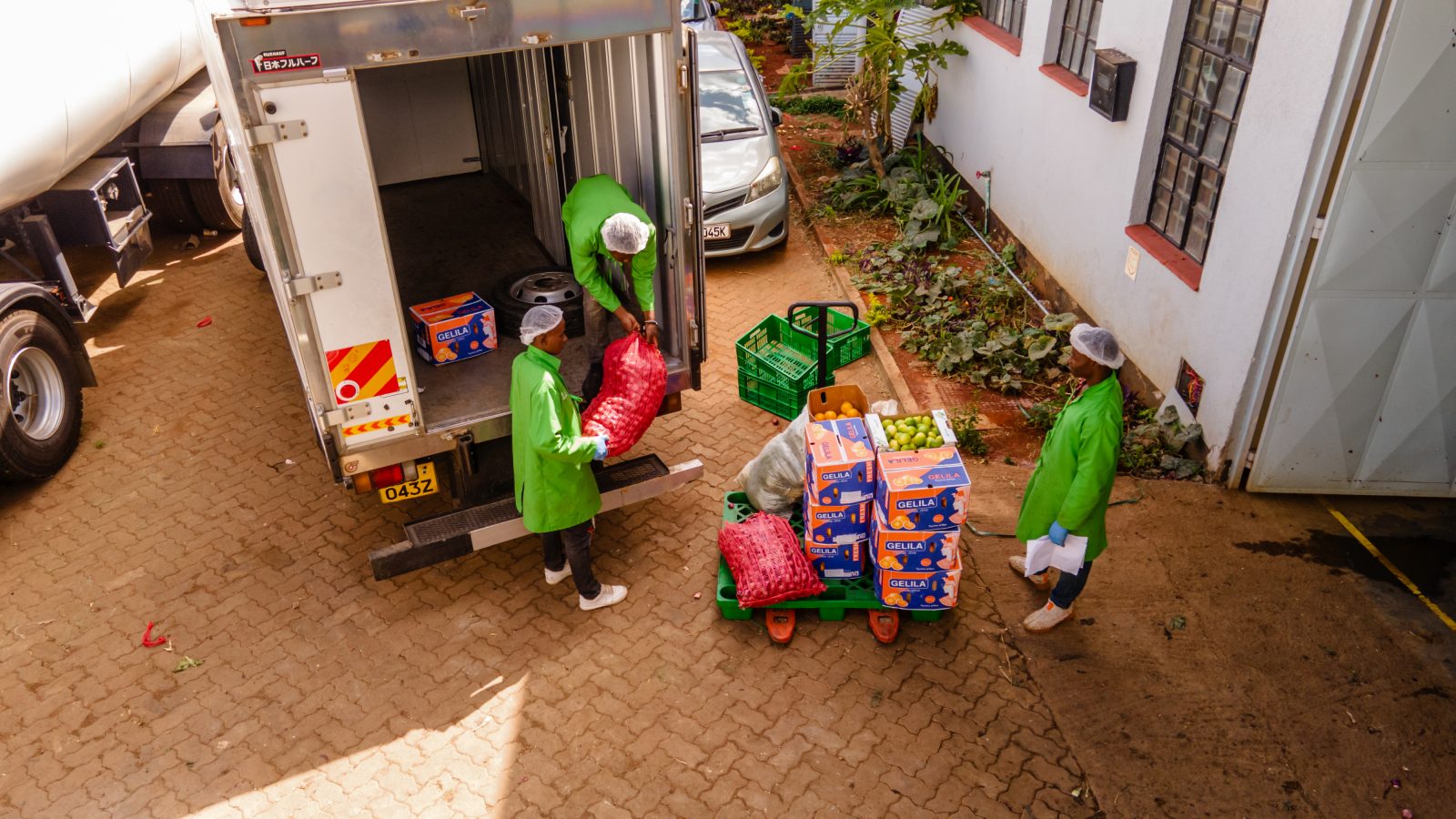Tonnes of food is wasted or lost each year globally, contributing 10% of global greenhouse gas emissions.
Pre-seed round closed to date, with the Catalyst Fund being the first investor in this round.
Of food saved that would have otherwise gone to waste, preventing 1,000 tonnes of CO2 emissions.
Increase in the incomes of farmers by providing a steady and reliable market for their produce, along with immediate payments.
Farmers onboarded, demonstrating significant growth in its farmer network.
Of the farmers are women, empowering them with greater economic opportunities through the company’s platform and operations.
In the midst of the COVID-19 pandemic, the founders of Farm to Feed initiated a relief effort to purchase excess produce from farmers at risk of going to waste and donate it to vulnerable communities. This action highlighted an underlying issue that predates the pandemic: food wastage. Despite abundant food production, farmers faced significant barriers in accessing markets, leading to produce loss and waste. According to the Food Waste Index 2021 report, approximately 1.3 billion tonnes of food are lost or wasted globally every year, contributing 10% of global greenhouse gas emissions.

Farm to Feed recognised the need for a sustainable solution to this issue and launched a scalable model to address food waste while supporting farmers. The company began by purchasing surplus and imperfect produce—often considered “rescued” or discarded due to their appearance—from farmers. They created a process to check, grade, and package this produce for sale to B2B customers. Edible produce that could not be sold due to appearance was donated to schools in Kibra, thus reducing food waste and cutting down on CO2 emissions. In addition, Farm to Feed developed methods to reduce waste further by peeling items like potatoes and carrots, leading to a significant environmental impact. The company has saved 920,000 kg of food, preventing 1,000 tonnes of CO2 emissions.
FSD Africa has been instrumental in helping Farm to Feed scale its impact. By providing investment capital and venture-building support through the Catalyst Fund, FSD Africa has supported the development of a digital platform to streamline operations. This platform allows farmers to log in, register their produce deliveries, and confirm payments, making the collection process more efficient. Customers can place orders through the platform, enhancing the overall workflow.


With the help of FSD Africa, Farm to Feed has onboarded 6,000 farmers, an impressive increase from just 300 before joining the Catalyst Fund programme. The venture-building support also helped refine Farm to Feed’s branding, develop the first version of the platform, complete a feasibility study for carbon credits, and improve operations in the warehouse. Women make up about 43% of the farmers Farm to Feed works with, providing them with increased economic opportunities.
Through Farm to Feed’s initiative, these farmers have experienced a 41% rise in their incomes, as the company offers them a reliable market and fast payment for their produce. This efficiency has allowed farmers to better meet their medical, household, and educational needs. Additionally, consumers now benefit from more affordable local produce as Farm to Feed aggregates large quantities for distribution.

Farm to Feed is poised for significant growth as it scales its operations. To support its expanding network of farmers and increasing produce volumes, the company is raising a $1.8M seed round to strengthen operations, enhance technology and drive further expansion. Having already secured $90,000 in working capital and developed a Minimum Viable Product (MVP) for its platform, Farm to Feed is well-positioned to advance its mission. With continued support, it aims to deepen its impact, reduce food waste, improve farmer livelihoods and contribute to sustainable food systems in Kenya.
2025 © FSD Africa
Designed and developed by Smith Aegis